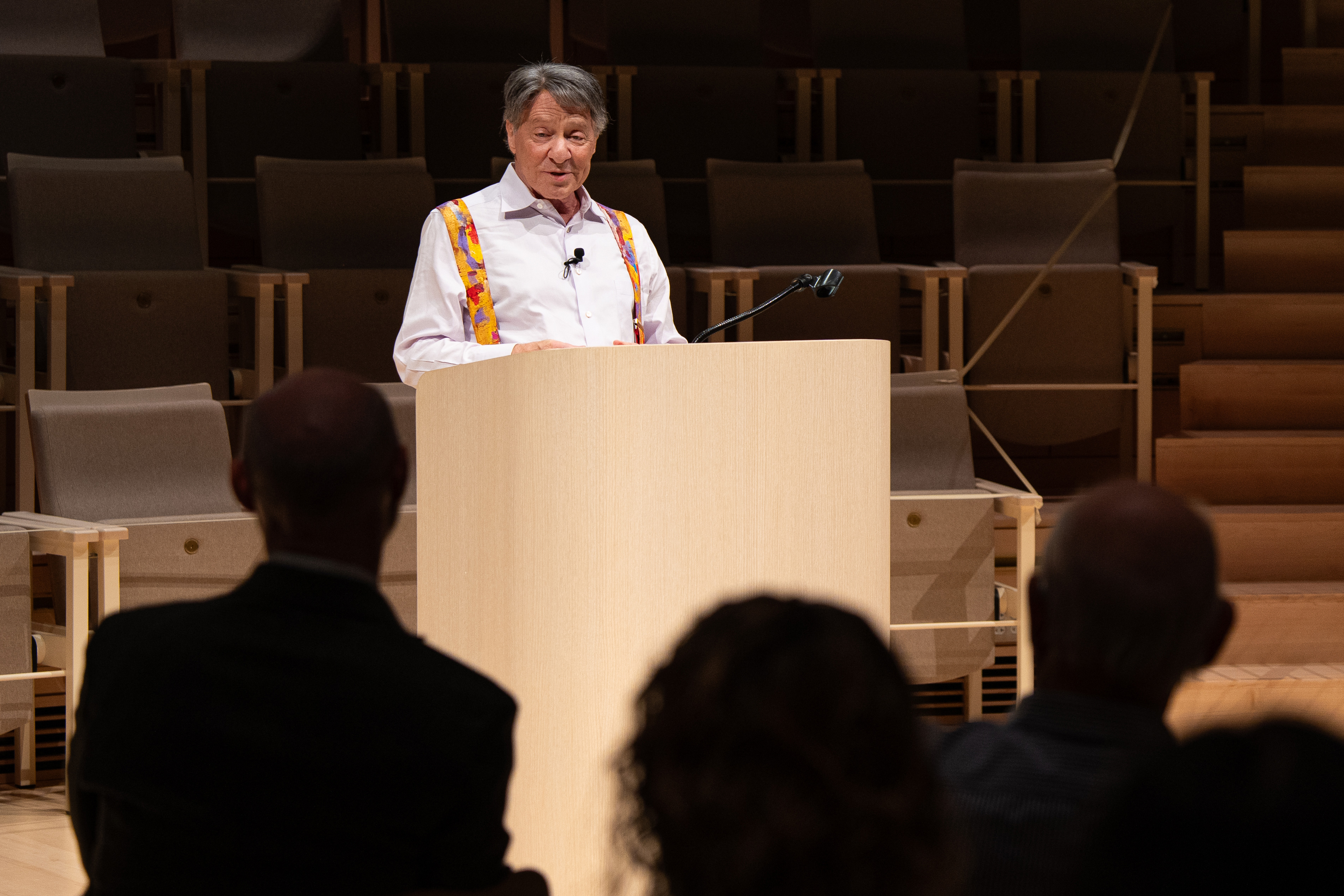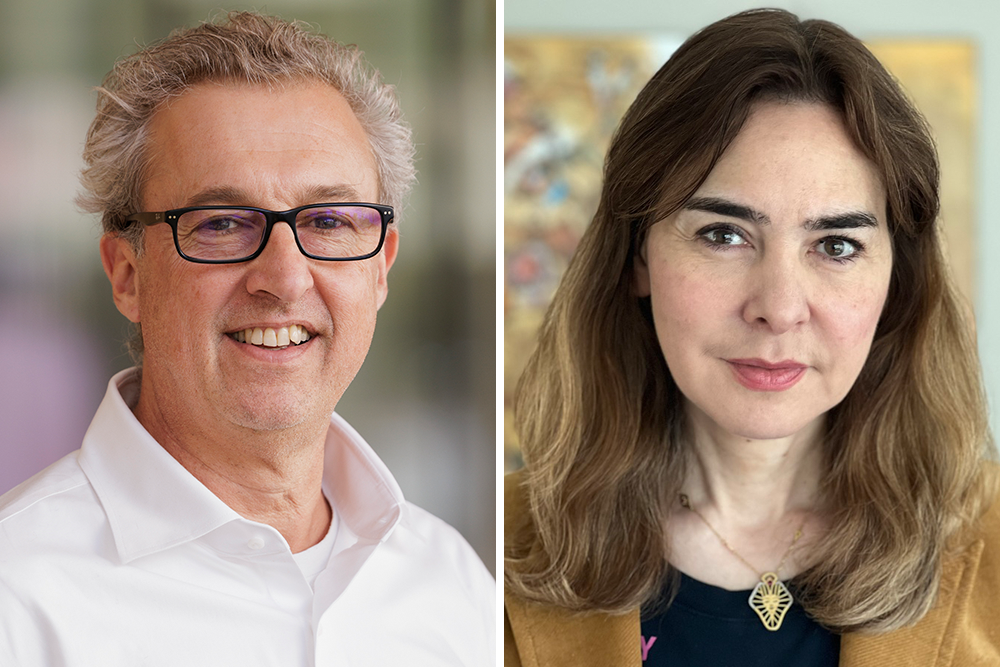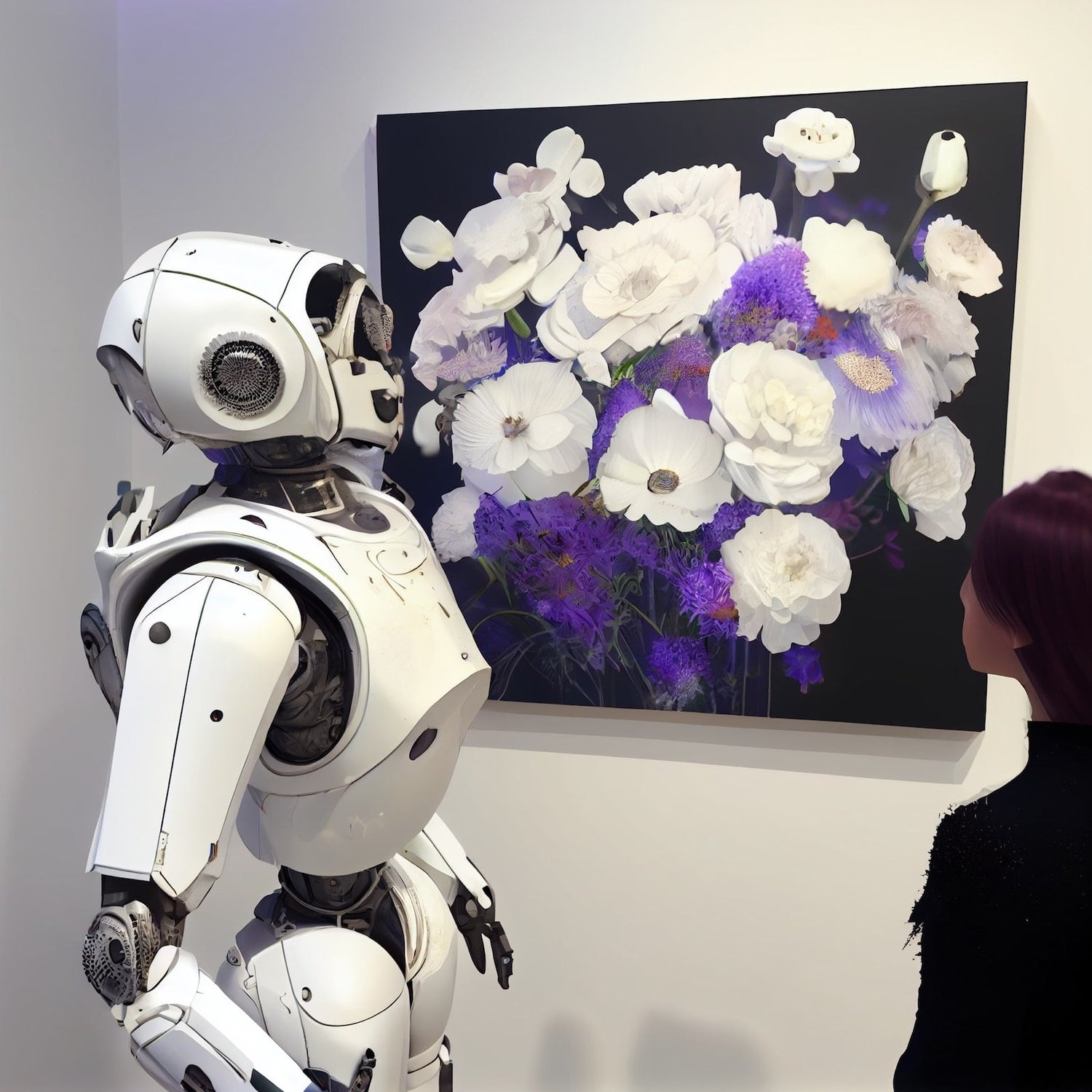Introduction to Ray Kurzweil
Ray Kurzweil, a renowned innovator, futurist, and author, recently delivered a lecture at MIT, where he accepted the Robert A. Muh Alumni Award from the School of Humanities, Arts, and Social Sciences (SHASS). During his lecture, titled "Reinventing Intelligence," Kurzweil emphasized his optimism about artificial intelligence and technological progress.
Early Life and Career
Kurzweil’s family fled the Nazis in Europe and sought refuge in the U.S., believing that people could create a brighter future for themselves. His parents taught him the power of ideas and their ability to change the world. Kurzweil decided to become an inventor at the age of 7 and was encouraged by his mother, who believed in his ideas and gave him the confidence to succeed. He became interested in computing in the early 1960s and majored in computer science and literature as an MIT undergraduate.
Innovations and Achievements
Kurzweil has developed numerous innovative computing products, including a text recognition system that can produce an audio reading. He has also developed leading-edge music synthesizers and has written several best-selling books, including "The Age of Intelligent Machines" and "The Singularity Is Near." Kurzweil was recently named chief AI officer of Beyond Imagination, a robotics firm he co-founded, and has held a position at Google, working on natural language technologies.
The Future of Artificial Intelligence
Kurzweil believes that technological innovation moves at an exponential pace, which makes him confident that a string of innovations will continue at remarkable speed. He forecasts that AI will lead to monumental gains in longevity, medicine, and other realms of life. Kurzweil also believes that computing and AI advances can lead to so many medical advances that it will soon produce a drastic improvement in human longevity.
Longevity Escape Velocity
Kurzweil predicts that by roughly 2032, human medical trials will be replaced by simulated "digital trials." He also forecasts that people will get back an entire year from scientific progress for every year they live, and beyond that point, they will get back more than a year for every year they live. This concept, which Kurzweil calls "longevity escape velocity," will start with people who are the most diligent about their health.
Merging with AI
Kurzweil outlines one of his best-known forecasts, that AI and people will be combined. He believes that as we move forward, the lines between humans and technology will blur, until we are one and the same. Kurzweil predicts that by 2045, once we have fully merged with AI, our intelligence will no longer be constrained and will expand a millionfold. This is what he calls the singularity.
Controlling the Risks of AI
Kurzweil acknowledges that technology has always been a double-edged sword and that the threats of AI are real and must be taken seriously. However, he believes that we have a moral imperative to realize the promise of new technologies while controlling the peril. Kurzweil concludes that we are not doomed to fail to control any of these risks.
Conclusion
Ray Kurzweil’s lecture at MIT highlights his optimism about artificial intelligence and technological progress. He believes that AI will lead to monumental gains in longevity, medicine, and other realms of life. Kurzweil’s forecasts, including longevity escape velocity and the singularity, are based on his understanding of exponential growth and the potential of AI to transform human life.
FAQs
Q: What is the Robert A. Muh Alumni Award?
A: The Robert A. Muh Alumni Award is a leading alumni honor granted by SHASS and MIT, awarded every two years for extraordinary contributions by alumni in the humanities, arts, and social sciences.
Q: What is the singularity?
A: The singularity refers to the point at which AI surpasses human intelligence, leading to an exponential increase in technological advancements.
Q: What is longevity escape velocity?
A: Longevity escape velocity refers to the point at which human lifespan increases at a rate that is faster than the rate at which we age, effectively allowing people to live longer and healthier lives.
Q: What is Kurzweil’s prediction for the future of AI and human longevity?
A: Kurzweil predicts that by roughly 2032, human medical trials will be replaced by simulated "digital trials," and that people will get back an entire year from scientific progress for every year they live, leading to a drastic improvement in human longevity.











